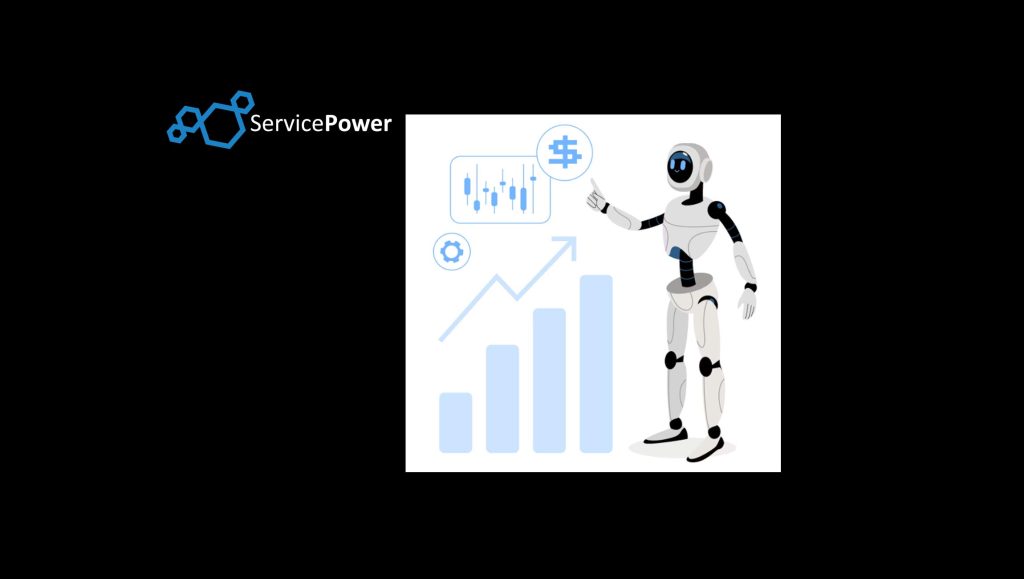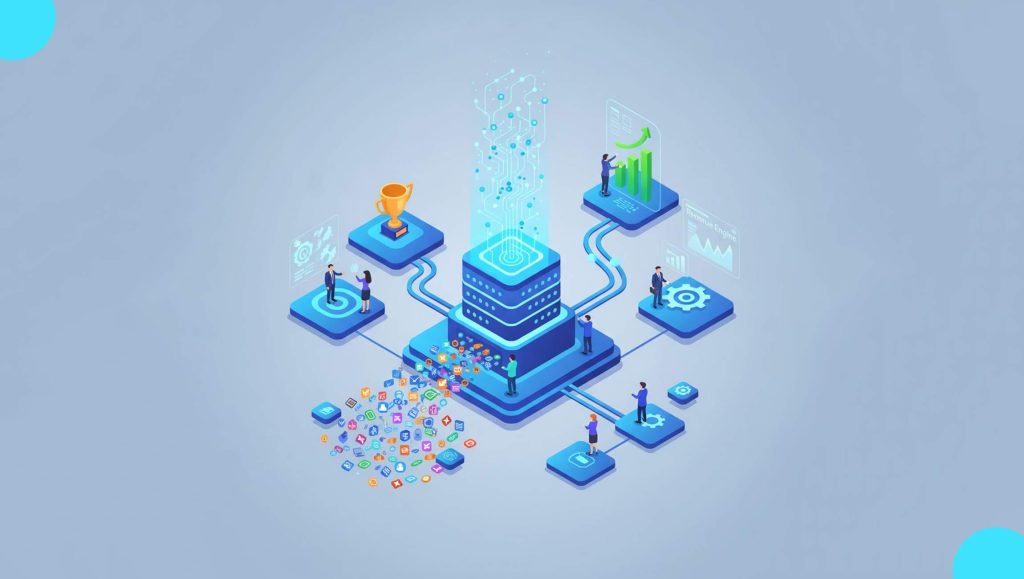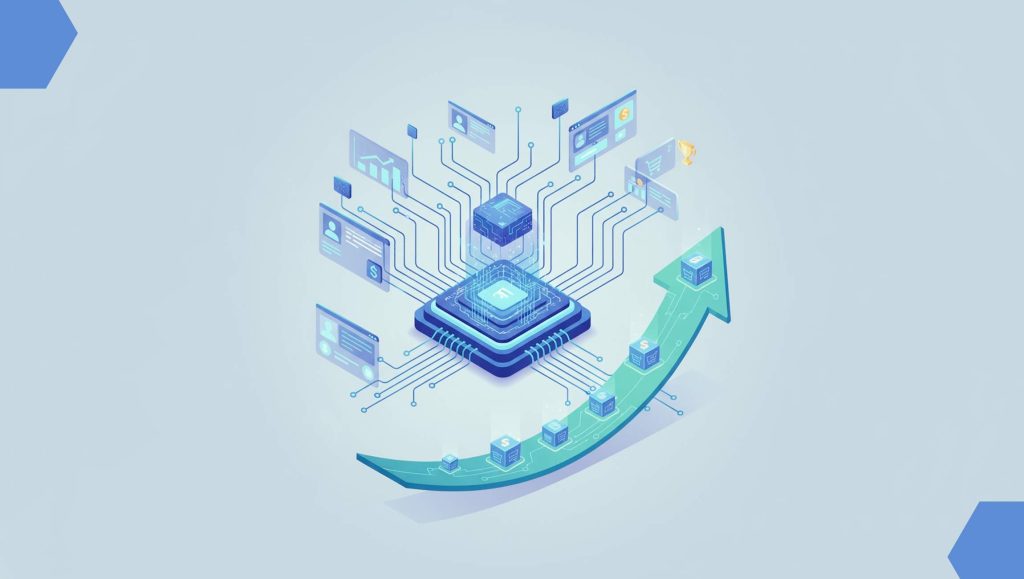Recently I decided to try my hand at targeting the most challenging space — the FNB (food & beverage) sector. Prior to this, I was mainly selling & marketing software to either other software OEMs or Fin-tech enterprises. Before you wonder why you should continue reading this article and what insights I may have that could be of any use to you, let me introduce myself to justify your investment of time in reading this. I have been in B2B Sales and marketing since over 8 years and have built my expertise from ground up. As with any job, there were challenges that I have faced & have overcome them consistently to now be qualified enough to be heading sales and marketing teams for companies.
Before I describe the difference between the two target industries, I shall take some of your time to first describe my experience in B2B vs in B2C.
Read More: AI Is Changing Sales Tech…This Is What You NEED To Keep In Mind!
I began my career with B2B and let me be very honest with you, it’s a lot more structured space to be working in. Not saying that B2C is chaotic. But it may not be my cup of tea. In my brief stint with a B2C company, I realised that there is more emphasis on marketing and creativity compared to sales. Of course, sales plays an important role there too, but it is majorly dependent on how creatively you can engage an audience and the impact you can create on the users mind.
For example: One of the very interesting & creative B2C marketing campaigns I have come across was for a new shampoo called Beer Shampoo.
As you can gauge that creativity and marketing brings in more revenue in a B2C environment. My interest though, lies mainly in growing business revenues through strategic partnerships, alliances & sales while using marketing as a facilitator. Not discouraging you, but B2C could mean a lot of effort for relatively lesser gains. On the other side of the spectrum, there is also quite a bit of reward to be found in terms of job satisfaction, quick to see results for your efforts, differences in lifestyles etc. It can be more entertaining than a Business to business set up which may feel a lot more grey and drab. If you’re someone who loves customers and loves making them happy B2C is ideal for you.
Now that you know my perception on Sales & Marketing in B2B vs B2C, here’s my experience & some differences I found in B2B business development between the two target markets namely: Food and beverage and Enterprise. While reading the points, you will mostly find it from the sales perspective, as marketing tends to be more or less similar for both target sectors.
-
(The most evident of all) It is hard to sell tech products or any innovation in the Food & Beverage market
The food and beverage industry, like other low tech industries such as textiles, recycling, & publishing industry, offers little incentive in terms of returns on the R&D or future returns on any sort of investment, which is why even tech has evaded that space, until recently, where BOH tools and other digitisation & automation tools are realising the gap and taking advantage of it. Since the operators of restaurants have delved in low tech environment for this long, they generally prefer working in the same conditions until they either feel the pinch in certain areas or are peer pressured into adopting a new technology.
Enterprises generally have high acceptance rate to a new form of technology that can ease their complex processes.
Read More: 5 Things That Will Immediately Enhance Your Visitors Experience
-
F&B is an unstructured segment
The f&b industry is highly unorganised & unstructured. You will rarely find processes in their business operations such as F&B services, supply chain, operations, storages, food processing etc., the way you are certain to find in big enterprises.
-
The hospitality industry is really hospitable
The lifestyle, the kind of interactions, the events, they are all different from a typical corporate set up of enterprises. There is definitely the warmth factor that cannot be ignored.
-
The biggest pro in dealing with enterprises is the big bucks
The order amounts tend to be larger in enterprises, which means one or two big deals are sufficient to grow a company considerably. With f&b as target market, scale is difficult to achieve for a company without aiming for quantity. One or two deals do not make much of a difference for a company targeting f&b sector. Also, since the restaurant industry operates at a higher cost of sales, its profits are marginal and it directly correlates to their spending capacity as well.
-
Enterprise sales have longer sales cycles
It may be true that enterprises have deeper pockets, but nothing comes easy. With big bucks comes big complications, big risks, lot many intermediary steps like RFPs and POCs, longer sales cycles, more customisations etc. It’s riskier, because one deal can make or break a supplying company.
-
More level of decision makers and lot more legalities involved in enterprises
The levels of decision makers in an enterprise could tire anybody out. It becomes tiresome to understand the KPIs each decision maker and woo the interests of all of them while selling a solution. Even the smallest of changes in a decision or RFP has to go through a million hands and minds. The legalities involved in closing on a deal can also be elaborate & exhausting in an enterprise.
Regardless of what the industry holds, connecting dots, solving problems, doing good business & closing deals is a good way to feel good and fulfilled.
Read More: Best Ways To Increase Inbound Leads




















